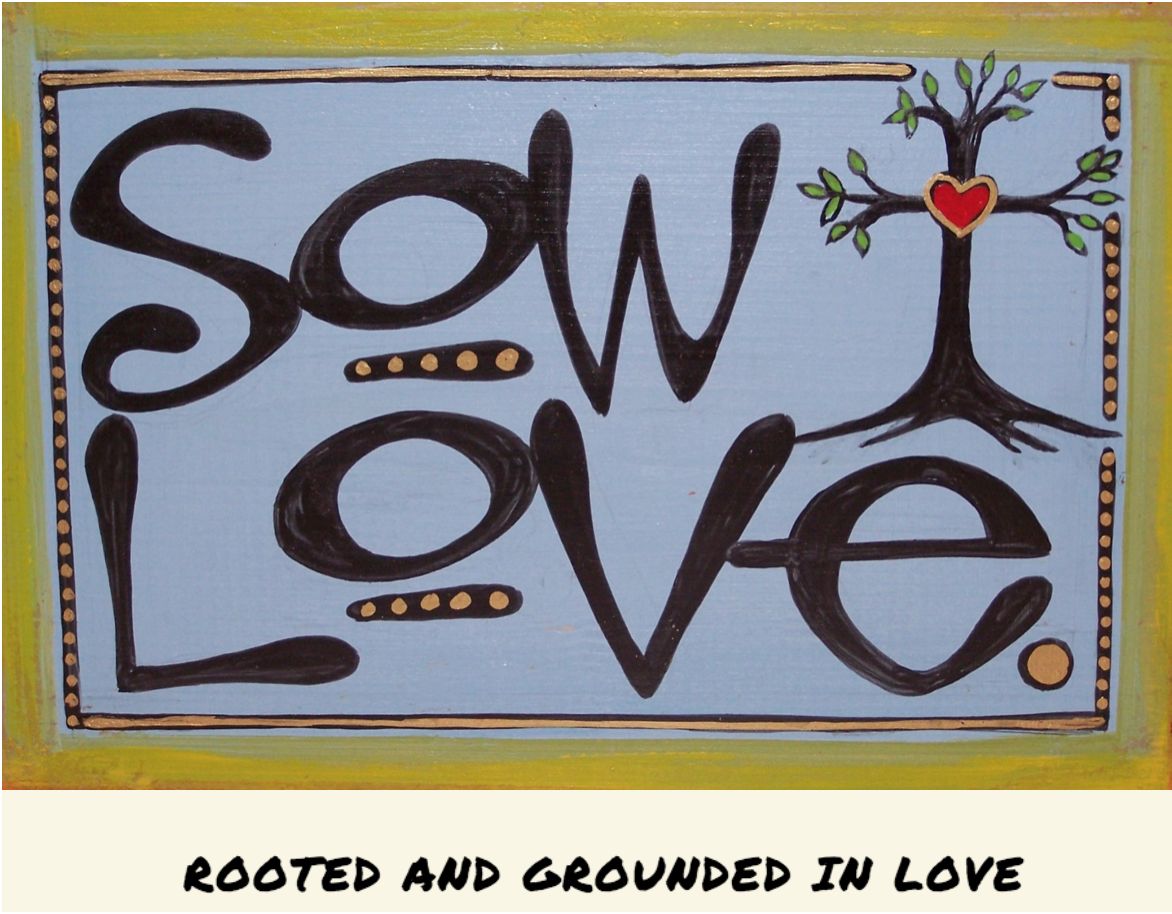We drove past it the first time, our favorite fishing spot on Warm Springs Creek. We had to turn around and go back. The landscape was almost unrecognizable. Record snowfall had generated record snowmelt, re-carving the riverbeds in the process. We stood silently on the bank, trying to figure out what to think. Should we even try to fish here again? It looked so … different.
One son looked at the other and said, “Well, if they don’t bite here we can always move further up.” Shrugging, his brother said, “Sure, we can try.” They gathered their vests, flies, and poles and tentatively headed into the streams, scratching their heads and searching the water for silver fins flashing in the sunlight.
Two hours later, they had caught more fish than they had ever caught in that spot before.
There is something about change that can make even the most adventurous soul uneasy. Impending change makes me worry, fret, deny, avoid, whatever it takes to cling to the familiar. Somehow I can’t seem to wrap my mind around the fact that new is often good, frequently necessary, and possibly better than what came before. I am ever suspicious of the new, even if I have outgrown the old.
Two rock-solid truths in Scripture give me the courage to, in the words of David Bowie, “turn and face the strange:”
“To everything there is a season, a time for every purpose under heaven.” (Ecclesiastes 3:1)
Those of us in our middle years (ahem) see the full spectrum of human life like never before. Our parents are aging rapidly before our eyes, and we find ourselves caring for them in the ways they once capably cared for us. We thought the long years of childhood would never end, but here we are, our children driving out of the driveway without a backward glance. We will help our kids decorate a first locker, or a first dorm room, or a first apartment, and then we leave and go home without them. (All those years we wanted quiet and clean, and now we have it.) We are even attending weddings and baby showers for our children and their friends, for crying out loud. And then there’s the shock of seeing pictures from those parties and scarcely recognizing yourself (since when do I look like that…?).
These changes are right and good, according to the Preacher in Ecclesiastes. Between the time for birth and the time for death, there is “a time for every purpose.” God doesn’t just place us in an ever-changing world because He gets bored with the status quo, or because He thinks we will. He isn’t operating some cosmic kaleidoscope, either, just jumbling the pieces of our lives into different patterns to satisfy His creative impulses. God ordains change because He is accomplishing something.
We can trust His purpose completely because of the steady character of our God, “the Father of lights, with whom there is no variation or shadow of turning.” (James 1:17)
Dutch Holocaust survivor Corrie Ten Boom suggested that the way to manage fear of the future is to know the God who does not change: “Never be afraid to trust an unknown future to a known God.” Our Father is utterly reliable, dependable and consistent:
“… God stands unchanging, immutable, anchoring the landscape of human existence as all else around Him ebbs and flows, blossoms and withers, waxes and wanes. The Rock of our salvation endures. The sunshine and shadows of human circumstance may reveal certain contours of His character one day and different ones the next, but His character remains fixed. His plans remain steady. His promises remain firm. In the ever-changing world, He is the unchanging reference point upon which the inner eye fixes to determine the direction that leads to home.”*
He can and will surprise you, but He will never be untrue to His own nature: “Jesus Christ is the same yesterday, today, and forever.” (Hebrews 13:8)
What does this mean for us as creatures currently bound to constant change?
It means we are utterly safe in His care. He will not change His mind about us or suddenly realize we aren’t worth the trouble. “For I am the Lord, I do not change; therefore you are not consumed, O sons of Jacob.” (Malachi 3:6)
With God, the changes we go through take on purpose and meaning. Jen Wilkin says it this way: “Just as my assurance of salvation rests in the fact that God cannot change, my hope of sanctification rests in the fact that I can.”**
As difficult as it is to see my children leave home, I would not want them to stay four years old, playing Legos on my floor. I desire that they become who they were designed to be, and that involves change. How much more does God want to see us changed in Him! When we are in Christ, as we “contemplate the Lord’s glory, [we] are being transformed into His image with ever-increasing glory” (2 Corinthians 3:18 NIV). I love the way the King James says it; we are being changed “from glory to glory.” Knowing that our trustworthy God uses change to transform us, we eagerly turn toward the thrill of potential and possibility even as we mourn the loss of what was.
As I post this, I have come home to one child where there were once three. There is bitter, and there is sweet: one towel on the floor, one lunch to make, one hungry fellow to please at supper. Less laundry, less food, less chaos. That one child home just turned sixteen, so he will be the final one to pull out of the driveway without a glance at me standing there, watching him go.
It is time.
*None Like Him: Ten Ways God is Different From Us (And Why That’s a Good Thing) by Jen Wilkin, p.84.
**Wilkin, p.87.

